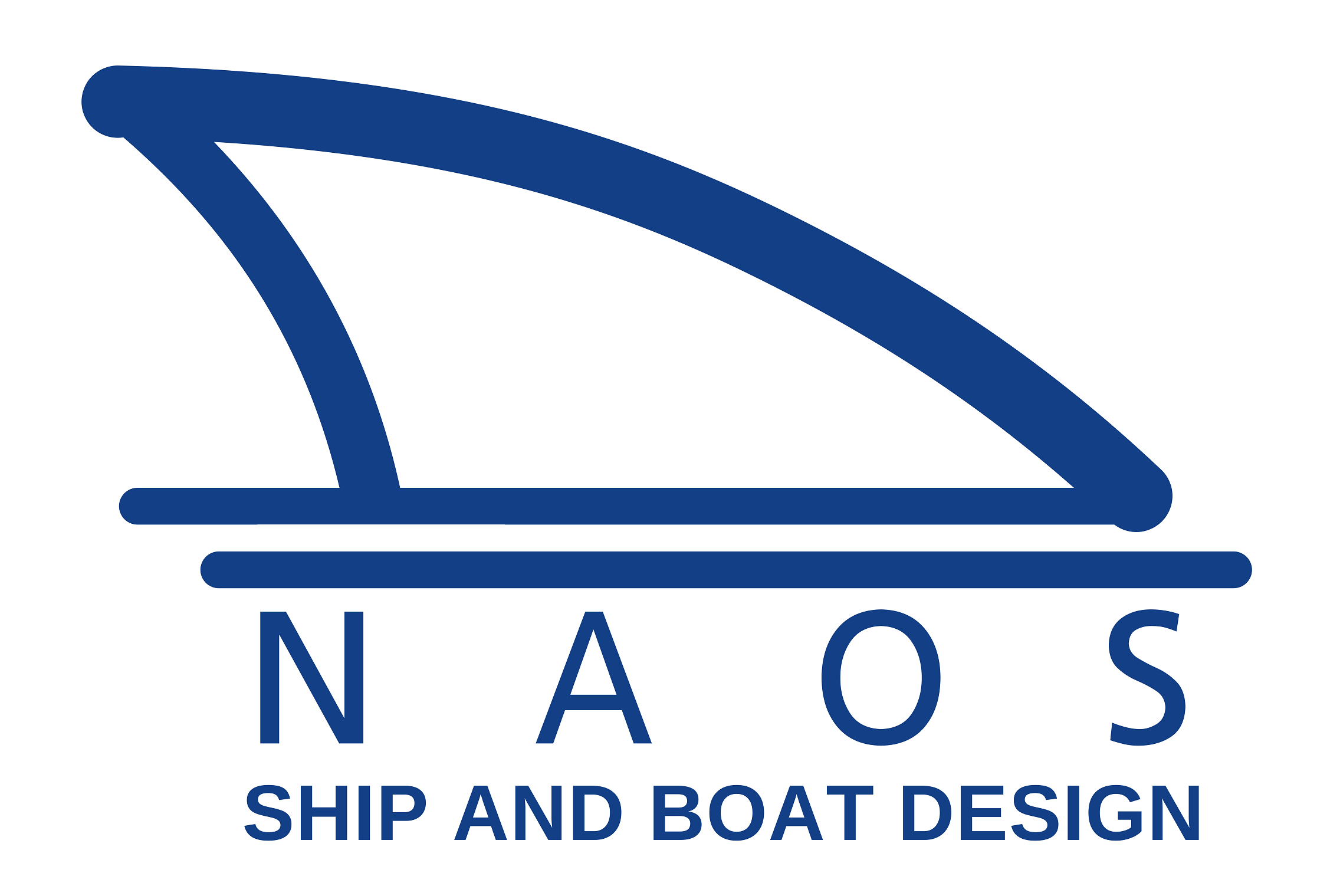Having identified the cruise business as one of the less eco-friendly recreational and touristic activities, NAOS has recognized the need of a new generation of vessel with much lower environmental footprint. Main propulsion will be by sail systems. Wind is the only high-density energy system easily available at sea. Recharging batteries can be done whenever the wind energy is in excess to what necessary for reach the cruise speed.
Reasonable number of solar cells will be installed to recover sun energy. Average speed shall be off course lower than conventional ships, but that is a constraint which shall be socially accepted.
Off course a fuel-based power generation shall be installed on board for safety reason, to allow a decent speed. Again, the fuel type to be selected on the base of renewable concept (Bio-fuel).
Waste management shall be especially considered, introducing in the shipbuilding market machineries like organic waste digestors to produce biogas and fertilizers. Zero plastic on board will be also compulsory for the program. At the end the vessel shall be almost a “zero waste” ship.
Off course a fuel-based power generation shall be installed on board for safety reason, to allow a decent speed. Again, the fuel type to be selected on the base of renewable concept (Bio-fuel).
Waste management shall be especially considered, introducing in the shipbuilding market machineries like organic waste digestors to produce biogas and fertilizers. Zero plastic on board will be also compulsory for the program. At the end the vessel shall be almost a “zero waste” ship.

